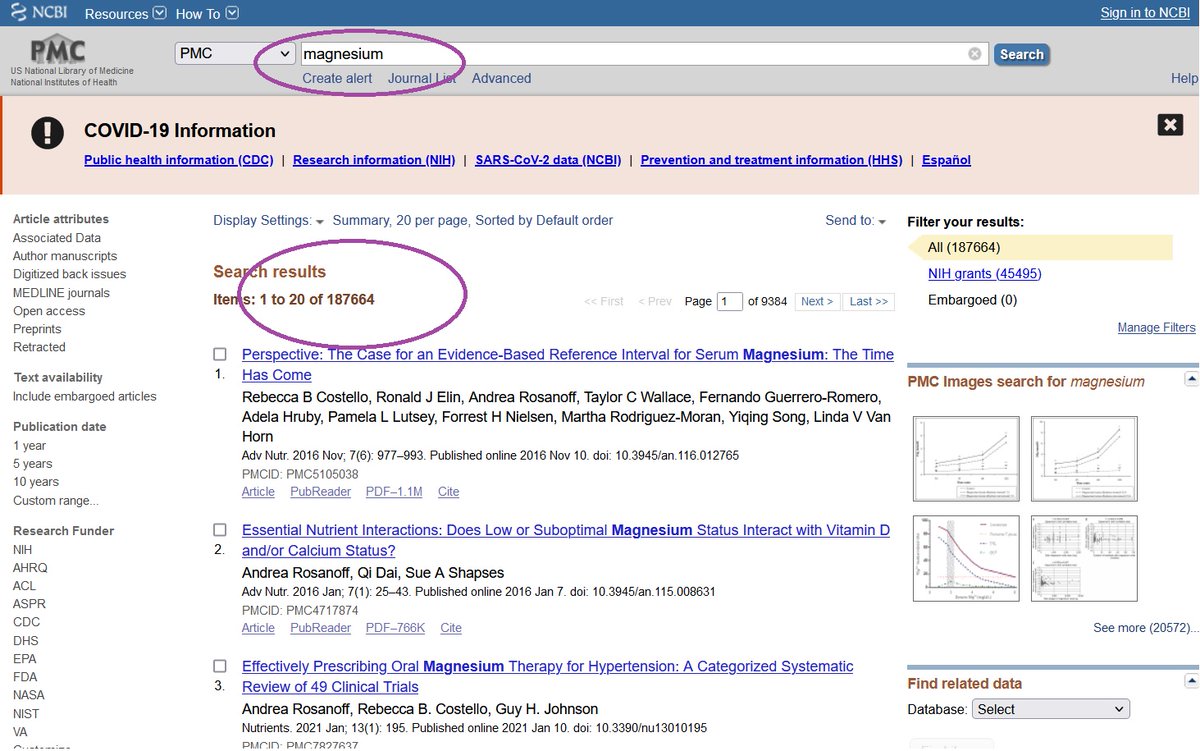
Your medical professional is often only able to treat you once they have evidenced your condition.
They cannot trust your first-hand reports but need evidence they can see in your bio-responses, scans or blood tests for example.
This means they miss a lot. This is an issue.
They cannot trust your first-hand reports but need evidence they can see in your bio-responses, scans or blood tests for example.
This means they miss a lot. This is an issue.
The most significant thing medics are unable to 'see' is your accurate magnesium status.
A blood test DOES NOT indicate the level of magnesium in your cells/tissue/organs. Less than 0.8% of you total body magnesium is (tightly regulated) in your blood:
ncbi.nlm.nih.gov/labs/pmc/artic…
A blood test DOES NOT indicate the level of magnesium in your cells/tissue/organs. Less than 0.8% of you total body magnesium is (tightly regulated) in your blood:
ncbi.nlm.nih.gov/labs/pmc/artic…
The issue is that blood test culture is strongly promoted yet rather flawed. Doctors are trained to rely on blood tests above all else.
But blood is only a transport system making up around 7.5% of the body - are substances coming in, moving around or leaving the body system?
But blood is only a transport system making up around 7.5% of the body - are substances coming in, moving around or leaving the body system?
Do they ask you what you did, ate, drank, felt etc while taking the sample? How can they make sense of your bloods otherwise when it comes to nutrient levels?
Bloods can be useful for 'warning signals' from the body however, but without context are limited for diagnosis.
Bloods can be useful for 'warning signals' from the body however, but without context are limited for diagnosis.
If you have low blood serum magnesium level you are really ill. This means even the 0.8% magnesium needed to service cardio functions is low.
But an in range serum Mg level does not mean your body has enough magnesium inside it.
Do medical professionals know this do you think?
But an in range serum Mg level does not mean your body has enough magnesium inside it.
Do medical professionals know this do you think?
• • •
Missing some Tweet in this thread? You can try to
force a refresh






